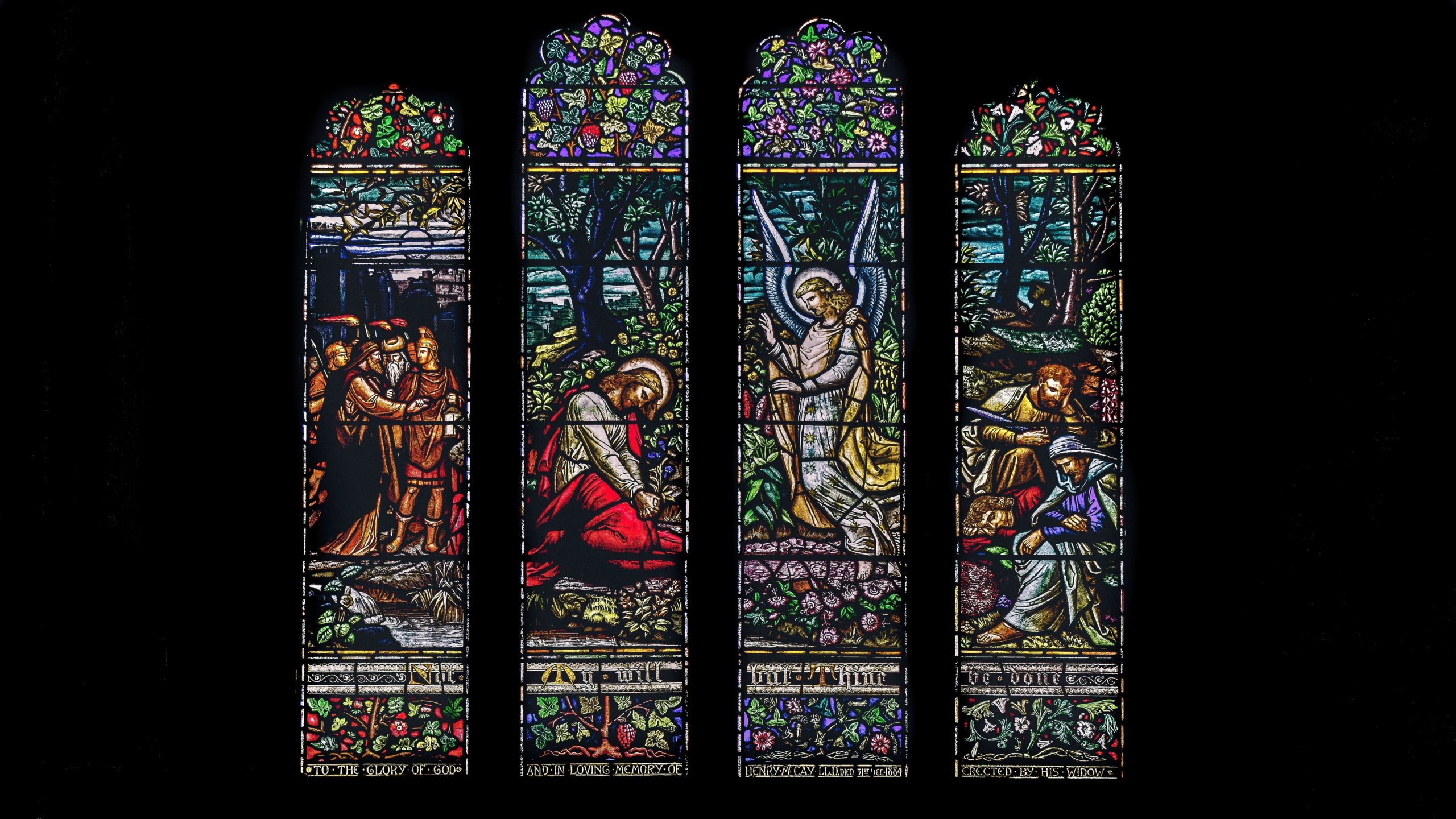
When Truth is Compromised
“I never knew it would come to that. You must believe it. You must believe it.”
That plea sounds like a quote from today’s newspapers as participants in the January 6 storming of the United States Capitol in Washington, D.C. are inexorably rounded up and charged for their crimes. Many explain they never knew it would come to that – political insurrection.
But this quote comes from a 1961 film titled “Judgement at Nuremberg” starring Spencer Tracy and Burt Lancaster. The film is based on real events and tells the story of four German judges who were tried for crimes against humanity at the end of World War II.
German Judge Ernest Janning (Burt Lancaster’s character) was an internationally respected legal scholar. Yet, in the course of his trial he confessed his guilt. He condemned an older Jewish man to death knowing there was no evidence to support the crime. From there the condemnations grew to the point that Janning cried, “Those people, those millions of people. I never knew it would come to that.”
Janning explained that well-meaning people like himself went along with Adolph Hitler’s anti-Semitic, racist policies out of a sense of patriotism. Even though they knew it was wrong, they supported their national leader. Some even blamed the Treaty of Versailles that ended World War I. Many Germans believed the treaty was a miscarriage of justice against the German people. Evidently, because they felt mistreated, some concluded they were justified in mistreating others.
The film is set against the Berlin Blockade, a Russian attempt to drive Allied forces out of Berlin by refusing to allow land convoys across parts of Germany under Russian control. The blockade threatened Berlin with mass starvation. Only a massive airlift of food over several months prevented another human catastrophe.
Political pressure of the day caused some Allied leaders to counsel giving the judges only a “slap on the wrist” in order to gain the support of the German people. Just move on, they said.
How uncanny the number of parallels between the film and today’s reality.
After being convicted and sentenced to life in prison, along with the other three judges, Janning asked Dan Haywood (Spencer Tracy’s character), the chief judge of the three-judge Allied panel of jurists, to visit him in his cell. When Haywood arrived Janning implored Haywood. “By all that is right in this world your verdict was a just one,” he said before begging Haywood to believe that concerning the mass murder of millions of innocent people “I never knew it would come to that.”
Haywood’s reply is iconic. “Herr Janning,” he said, “it came to that the first time you sentenced a man to death you knew to be innocent.”
Janning cooperated with a lie and that helped enable the Nazi reign of terror. Truth took second place to patriotism. Today truth sometimes finishes behind politics, political party, power, pride, personal preferences and prejudices, just to name a few. When truth is compromised it can lead to crimes against humanity like the Holocaust or to unintended consequences like insurrection.
For some Germans, everything Hitler said was true. Everything he did was justified. They believed, acted and defended his lies. For people like Janning, truth became expendable in order to accomplish other goals. Is either excused for their actions? Is either more culpable that the other?
And what about the source of the lies? What responsibility lies there? What accountabilities?
During my seminary days a psychology of religion professor cautioned about church members who carry rumors in the congregation. People who carry rumors, he said, show what they are willing to believe and what they are willing to do in similar circumstances.
I thought about that as I listened to people spreading rumors about a stolen election despite a lack of evidence. They were unwilling to believe in people, in public officials, in established processes and procedures, even in the courts of our nation. What does that say about them and what they might be willing to do given the opportunity?
And I thought of Janning and the scene with Haywood as I watched nationally prominent politicians who had railed about election fraud for weeks finally admit that Biden really did win the election for President of the United States. Unfortunately, their comments came only after what was supposed to be a political exercise turned into something dark, ugly and deadly.
That is what can happen when truth is compromised.
When Jesus stood at trial before Pilate, the Roman governor was not interested in truth. “What is truth?” he asked in a dismissive way (John 18:38). Of more concern to him was how he could manipulate events to his own benefit and the benefit of Rome. Some people still view the world that way.
Jesus offered a different worldview. In John 10:32, Jesus said, “You shall know the truth and the truth will set you free.” Jesus is the ultimate truth who can set us free from sin and death. But truth is more than spiritual truth. Truth controls the directions of a Christian believer’s life, the steps of a believer’s actions.
No matter how difficult the truth or how attractive the falsehood, Christians are called to walk in truth (3 John 1:4). To do anything less leads away from God and can result in unspeakable consequences. And like Janning, the day will come when we are called to accountability when we compromise the truth.


